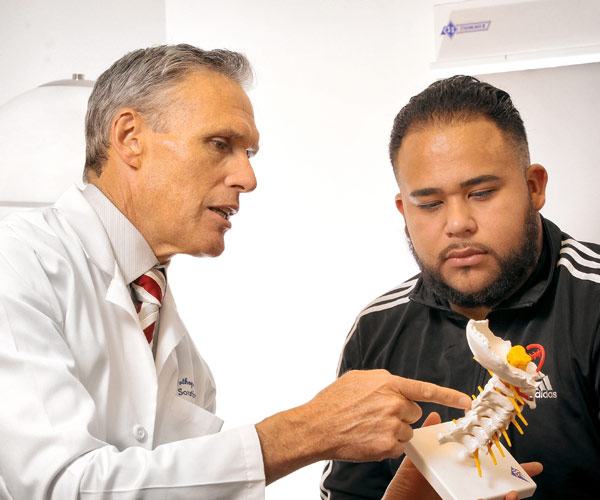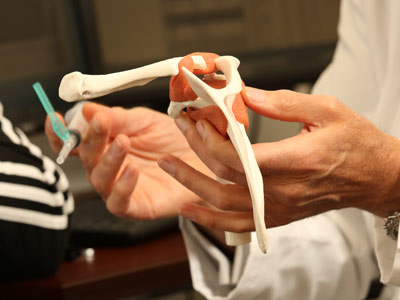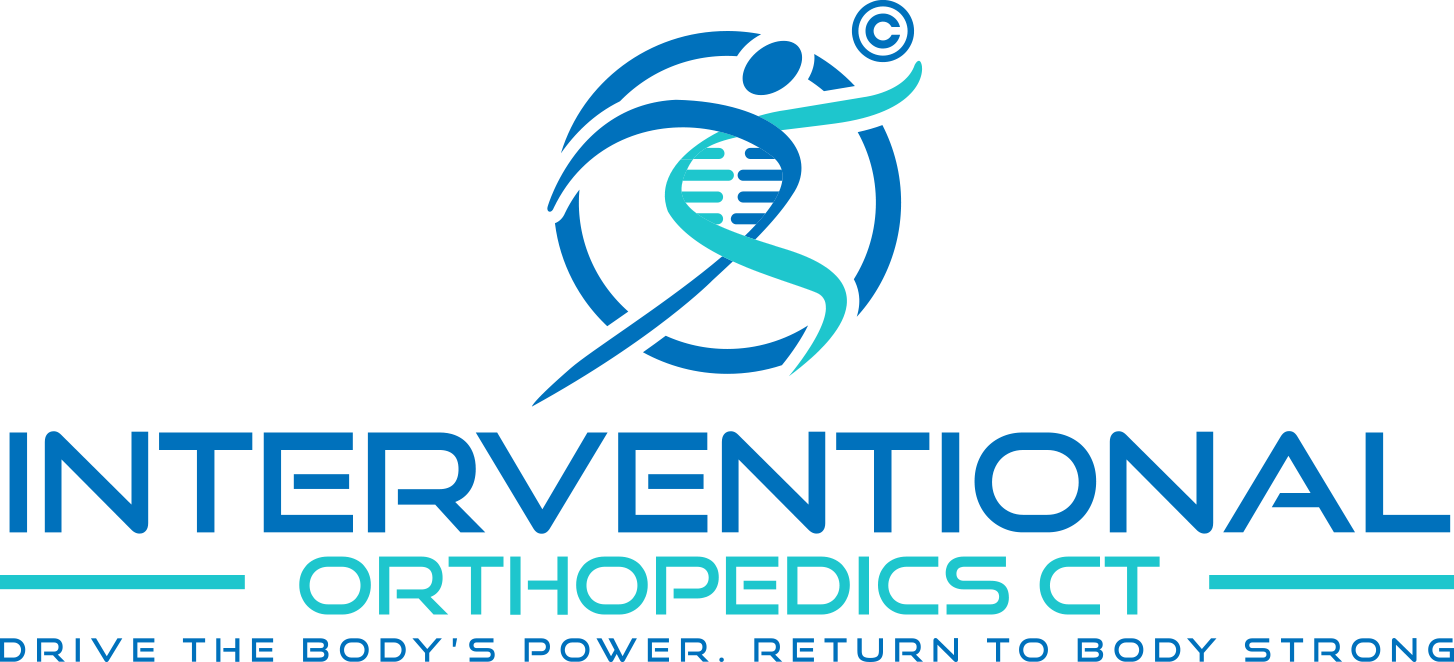Hip Arthritis
About Hip Arthritis
Hip arthritis is a type of degenerative joint disease that affects the hips. Over time, due to aging, trauma, “wear and tear” or other factors, the cartilage that cushions your hip joint starts to break down. Without cartilage, your hip joint bones rub together when you move. The bone-on-bone action creates pain, stiffness, and can limit your mobility.
Causes of Hip Arthritis
The most common type of hip arthritis is Osteoarthritis or “wear and tear” arthritis. A number of factors can increase your risk for hip arthritis including increasing age, smoking, and obesity. Prior injury to the hip from sports or work injuries can result in the early onset of arthritic symptoms.
Symptoms of Hip Arthritis
The typical pain from hip arthritis is located in the groin thigh or buttock. The pain is generally worse with weight bearing activities such as walking, standing or even twisting. Some patients report “start-up” pain which is an especially bad discomfort upon standing after being seated for a prolonged period of time. This sometimes works itself out after a few steps. Symptoms of hip arthritis develop slowly, beginning with stiffness or soreness in one or both hip bones and eventually becoming painful enough to make it difficult to or even impossible for you to comfortably carry on normal activities, such as walking or climbing stairs. For those participating in sports, hip arthritis can really affect performance, endurance and ultimately the ability to simply participate.

Non-Surgical Treatment for Hip Arthritis
Non-surgical treatment options for hip arthritis range from lifestyle modifications, weight loss and exercise programs including physical therapy. It is often possible to manage hip arthritis with various oral medications to control pain and inflammation. Sometimes injections of steroid medications may be helpful. The use of a cane, though not a popular option, will significantly reduce the stress of weight bearing on a painful hip joint.
To learn more and get help for hip arthritis please Schedule an Appointment with Regenerative Orthopedic & Sports Medicine Specialist Daniel Southern, M.D. in Danbury or Wilton in Fairfield County Connecticut by calling 203-456-5717.


Surgical Treatment for Hip Arthritis
If nonsurgical treatments do not relieve your pain, stiffness and loss of range of motion your doctor may recommend surgery. The type of surgery performed depends on your age and the actual physical and functional condition of your hip joint.
To learn more and get help for hip arthritis please Schedule an Appointment with Regenerative Orthopedic & Sports Medicine Specialist Daniel Southern, M.D. in Danbury or Wilton in Fairfield County Connecticut by calling 203-456-5717.
Regenerative Orthopedic Medicine Treatment for Hip Arthritis
Regenexx® Procedures provide non-surgical treatment options for those suffering from pain related to osteoarthritis, joint injuries, spine pain, overuse conditions, and common sports injuries. These medical procedures are only performed by highly-skilled doctors and are used to help reduce pain and improve function. Regenexx procedures have helped thousands of patients improve their quality of life, return to the activities they enjoy, and avoid the need for surgery or joint replacement*.
Regenexx Physicians represent a very selective, highly-skilled, interventional orthobiologics network that is 100% focused on orthopedic conditions. All Regenexx physicians are musculoskeletal experts with extensive training and experience in the diagnosis and treatment of musculoskeletal conditions, as well as complex, image-guided injections of your body’s own healing agents to treat orthopedic issues. Regenexx patient outcomes are tracked in a registry and with that information, we provide transparent outcome data (below) for those who may be considering this treatment option.
Want to find out if you are a Regenexx Candidate? Complete the Candidate Form.

